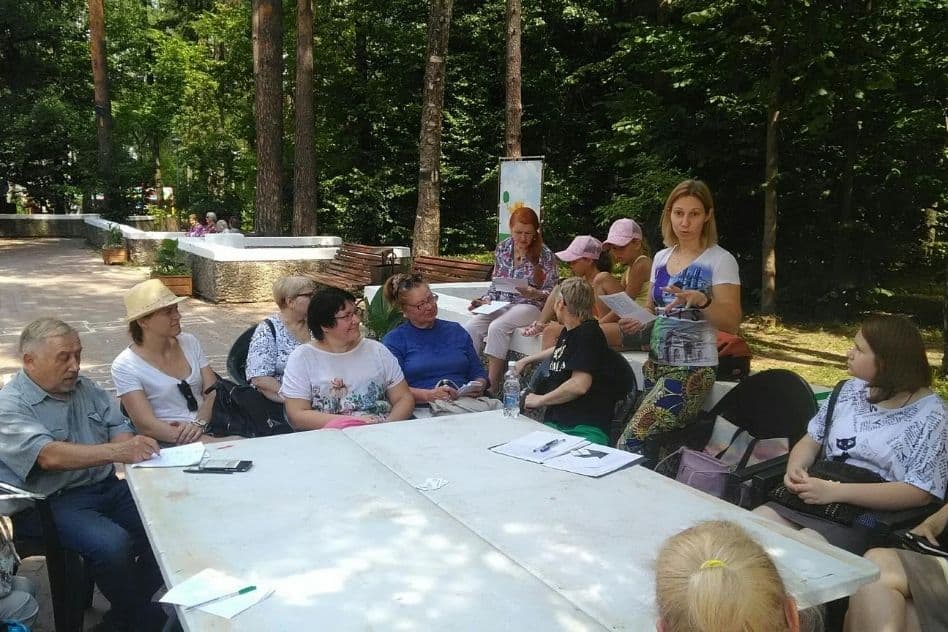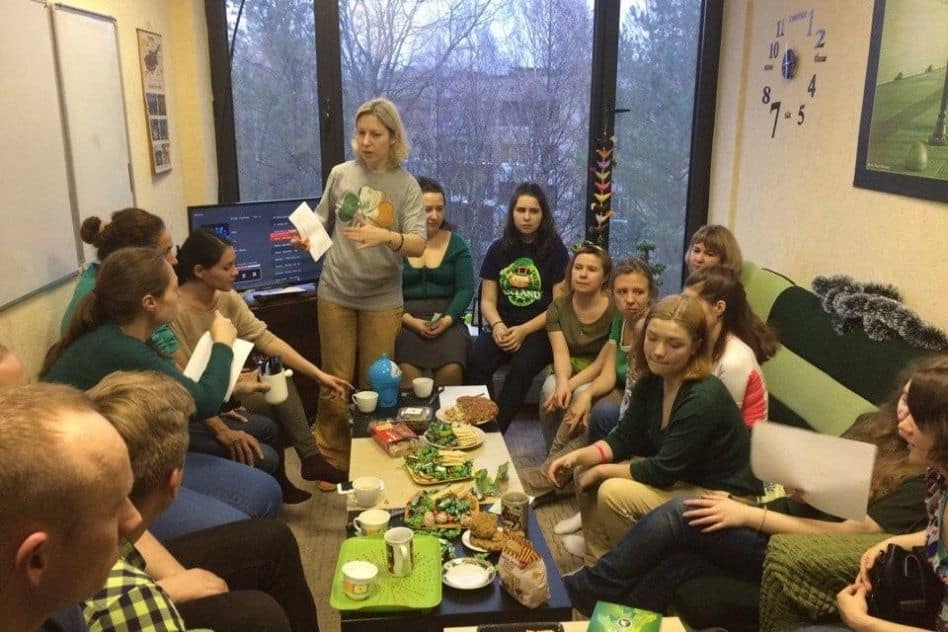Article by Olga Zrodnikova | 1 August 2020
Language coach in Russia is a challenge …My mother thought I had got into a kind of sect, or at least a scam or a ‘pyramid investment scheme’.
Sadly, the word coach doesn’t inspire trust in Russia. Due to numerous imposters proclaiming themselves to be ‘coaches’ and making a lot of easy money, Russians basically tend not to trust anybody who portrays him or herself as a coach.
It all started for me in the fall of 2016 at a professional conference for teachers of English. One presentation on the use of coaching in education caught my attention as it was the first time I had ever heard of the word ‘coaching’. On the sidelines, I talked with the speaker who happened to be an ICF coach and an English teacher at the same time. The more I learned, the more I felt I that this was for me.
In a traditional English teaching situation, a client calls a tutor and expresses a need to learn the language. They meet, discuss the schedule and costs and with mutual consent, begin to meet regularly (1-2 times a week). In this case, by default, it is assumed that the teacher knows what and how to teach and the client’s task is to pay for the lessons, do the homework and wait for their English to improve. This may last: a) till the end of the school year; b) while the client has an urgent need for English (passing the test, job interview, promotion); c) till doubts start to enter the client’s mind that English is not for him/her. They start to realize that English is difficult tor that they have more important things to do. The most honest of them might even admit that they are too lazy. All of the above is about laziness, lack of motivation, limiting beliefs, lack of goals and priorities, psychological barriers – in general, anything but English.

I realized long ago that with all my professional experience, with my deep and thorough knowledge of the subject and a desire to share this knowledge using the latest teaching methods, I still couldn’t do what I wanted to do with the limited set of tools that pedagogy provides. After some years of trial and error, sharing bits of experience and findings with colleagues I still felt like I was in the Dark Ages of education. Surely there was something else!
And then I found Rachel.
One day I came across one of Rachel’s ads for Neurolanguage Coaching. As soon as I read it, I knew it was for me. Here was something I had been desperately looking for. I enrolled even without reading the details although it took almost all my savings. I have absolutely no regrets. Every day I understand it was worth every penny. I became one of the first in Russia to be certified as a Neurolanguage coach!
When I listened to Rachel’s words, I cried inside. As she spoke I felt myself saying “Yes! Exactly! Absolutely right!!” Gradually I started to gain confidence in myself and in a system that works. I realized that I wasn’t the only person who had doubts about the conventional system and who wanted to change the way language was delivered. I am proud to be a Neurolanguage coach and to present myself as such. I am happy to be a part of a worldwide community of like-minded people. I am now taking a course of Neurobiology at Moscow State University, as Rachel’s training triggered my interest in brainwork and neuroscience!
The goal of coaching is to help the client understand the “why” and the “how”. No advice, just the powerful questions that probably no one has ever asked before. Finally, after years of soul searching, I sincerely believe I have found my How and Why.


Hey Olga
You are absolutely right and on the heart and soul bay. The way you’ve explained it so brilliant. Rachel has definitely given the world a gift, and what a great gift it is. All the beat with your Neurobiology course.
Regards
Jacob
Thank you Jacob for your warm words and wishes. All the best to you as well! And to all neurolanguage coaches in the community!
You are very welcome.
I was intrigued by the title. Thank you for sharing your experience, Olga. It’s wonderful to get unique perspectives from NL coaches living around the world. And yet, I completely identify with your description of working with a client who expects the teacher or coach to do all of the work. I, too, am so happy to have found Rachel, her coaching system, and this community of like-minded people!
Warm wishes from the US,
Kate
Thank you so much for your inspiring words! Let’s keep in touch!
oh my dear Olga! it’s as if you took the words straight out of my mouth! everything you say is exactly how i experienced it. i looked everywhere to find the right training course for helping learners of the english language … this was back in 2012, i had been looking for a whole year, when i fell upon Rachels ELC site I too knew that was for me! It was and still is the first of its kind in the world. With a background in psychology and languages, it all made sense. i too have never looked back! was getting so bored before, now a whole new world opened up and it is never ending, always learning just as much as my coachees, each new coachee is a new journey. So happy to belong to this world wide community of multilingual likeminded coaches. Hope we meet one day
Thank you Carol for your feedback and words of support! I do hope to meet one day as I’m planning on attending the NLC conference in Spain next year! Will you be there?
P.S.: i’m in France btw